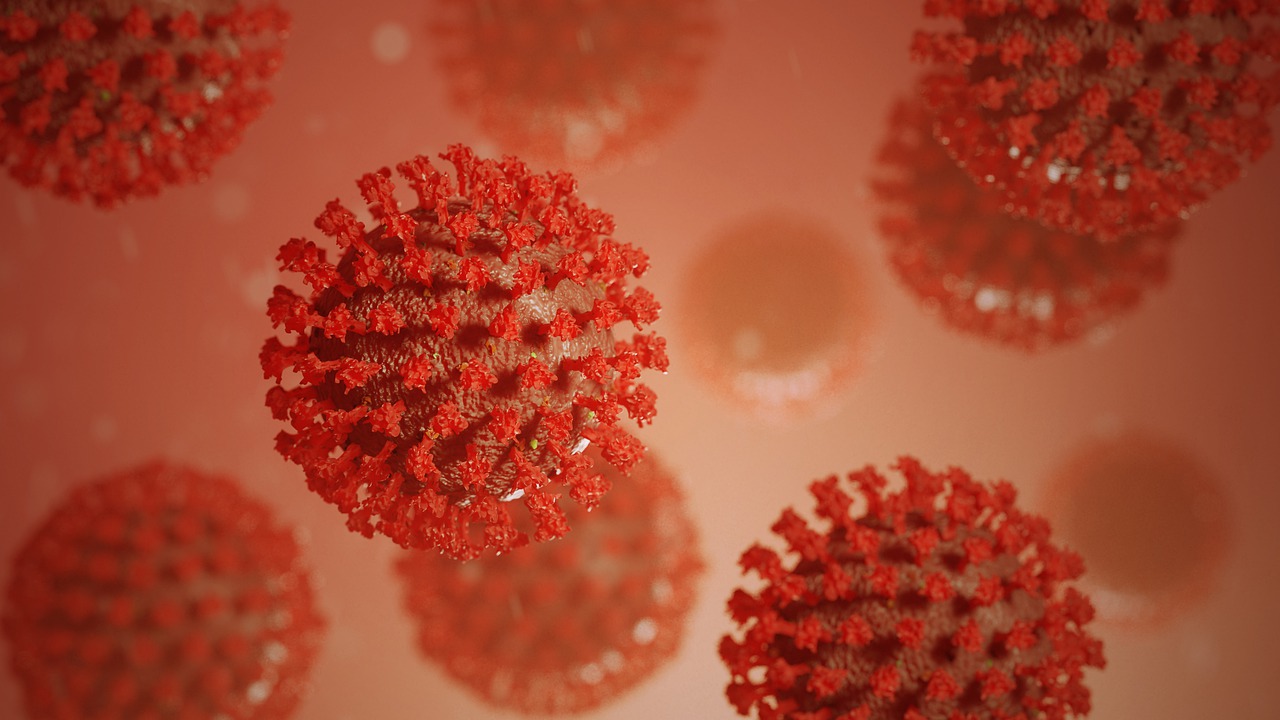
Biotechnology firm Regeneron has released early data from tests using its antibody cocktail in coronavirus patients.
In some of the early results, Regeneron said the antibody cocktail appear to reduce levels of the coronavirus and improve symptoms among patients. The firm claimed that the biggest improvements were observed in patients who hadn't already mounted a natural response to the infection.
Early test results
Dr. Jeanne Marrazzo, the director of the division of infectious diseases at University of Alabama at Birmingham, mentioned that while the results only involve 275 patients of the 1,000 enrolled in this particular trial, they appear "very promising".
According to Regeneron, the antibody cocktail also showed positive trends at reducing medical visits for the patients, whom were not sick enough to be hospitalized at the beginning of the trial.
However, the numbers in this early release of information were small and are yet to be peer reviewed. The company posted a news release of only the topline data.
A company spokesperson claimed that the initial results validates the treatment as a therapeutic substitute for a natural response to the virus.
Dr. Marrazzo pointed out that what she most noticed was that the study characterized patients by their immune responses prior to treatment and determined who did and did not benefit.
Marrazzo explained: "What I think is fascinating is that it shows that antibodies really matter and the antibody to the spike protein was really helpful, particularly when people made the antibodies themselves."
"Whether it's antibody therapy or vaccine that target these proteins, it sounds like we are on the right track. I think that's really encouraging," she added.
She also deemed the reduction in the amount of virus in people's throats encouraging as it could in theory reduce the risk of infecting others.
"If it plays out and you could treat people early and actually reduce the viral load in the nasopharynx, and they might be less infectious, that would be hugely helpful," said Marrazzo.
More data needed
However, since the biotech firm published the data in a news release and not as a scientific report, it was unclear who was enrolled in the study and how representative they were of the population.
In order to gauge its effectiveness, more testing of the treatment would be needed. Researchers will also need to know more about how many patients who received the treatment needed to be hospitalized.
Regeneron co-founder Dr. Leonard Schleifer said: "We don't have that information today, but we will. We have already learned that hospitalized patients have even higher viral load, suggesting they're not attempting an adequate immune response. So we would hope we'd be able to see the same thing with those patients."
Dr. Schleifer is "very encouraged" by these early results and said "It came in exactly the way we expected it to work."
Dr. Claudia Hoyen, an infectious disease specialist with University Hospitals Cleveland Medical Center, deems the results promising, saying: "It seems safe, and it seems to be headed in the right direction in terms of decreasing the virologic load and, looks like there's some preliminary correlation with fewer symptoms and less hospitalizations."
"But again, they still have a lot of patients to get through to know for sure," Dr. Hoyen pointed out.






